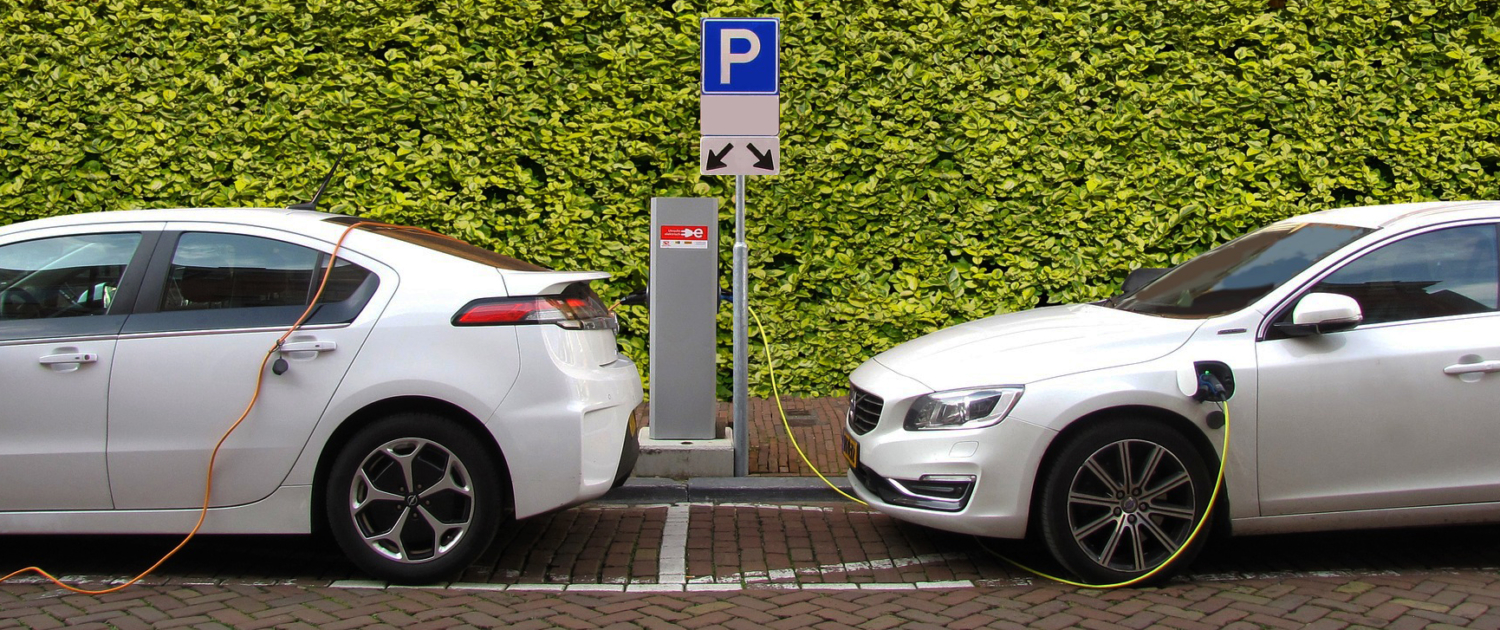EV Drivers Plagued by Charger Anxiety, Not Range Anxiety
Article originally posted via LinkedIn by Ben Allan on 14/02/2019.
Article originally posted via LinkedIn by Ben Allan on 14/02/2019.

There are around 20,000 public Electric Vehicle (EV) charging connectors in the UK with over 400 connectors being added per month, enough to keep the current fleet of electric vehicles moving. However there is still a problem, that being the huge shortage of available and working chargers. This is why the anxiety EV drivers experience isn’t Range Anxiety but Charger Anxiety – and not enough is being done to address it.
Most current EVs now have a range of around 200 miles, taking them out of the land of the early adopters and making them viable as a day-to-day car. This increased capability is leading owners to expect to use their cars beyond a straightforward commute and to take on longer journeys, such as business trips or vacations. Where previously, charger usage was predominantly home based, the impact of this change is creating a far greater reliance on destination or en-route charging.
Destination charging requires an EV driver to be more thoughtful than an ICE driver about the details of their journey. Before embarking on a long journey, EV drivers will have to know two things:
If they are lucky enough to drive a Tesla, all the information they need to know about available chargers is provided dynamically via the car’s infotainment system. However, other current EV’s on the market do not have this valuable real time information available to them. Sources such as ZapMap (an opensource charging point map) are commonly used to plan charges and will tell the driver where the chargers are, but don’t include vital real time information such as whether the charger is available, is the parking space next to it free or even if it is actually working (which is often not the case).
So, once these drivers have set off, they will not know for certain that their targeted charger will enable them to make it home again. This is Charger Anxiety, it’s a key factor that will hold back EVs from being used routinely for long journeys.
There are clearly two ways to reduce Charger Anxiety. Firstly, providers could flood the environment with chargers. This way it doesn’t matter if the targeted charger is broken, because there will always be an available, working charger nearby. But at £20,000 per fast charger, the number of providers currently willing to risk the financial investment required is not expanding availability at the required rate.
Secondly, the physical hosts of charger installations, such as local authorities, could demand access to the real time data coming from modern chargers as part of the planning consent and make that data available as OpenData. The cost to the charging provider would be minimal as would the cost to the council of aggregating and publishing that data. However the value of the service that data aggregators could provide to EV drivers would be enormous. With such a service EV drivers could confidently take on any journey knowing that once they had arrived, they would be able to get home again.
Surely the obvious next step?

 Mobility as a Service (MaaS) – not just for the future
Mobility as a Service (MaaS) – not just for the future | Cookie | Duration | Description |
|---|---|---|
| cookielawinfo-checkbox-analytics | 11 months | This cookie is set by GDPR Cookie Consent plugin. The cookie is used to store the user consent for the cookies in the category "Analytics". |
| cookielawinfo-checkbox-functional | 11 months | The cookie is set by GDPR cookie consent to record the user consent for the cookies in the category "Functional". |
| cookielawinfo-checkbox-necessary | 11 months | This cookie is set by GDPR Cookie Consent plugin. The cookies is used to store the user consent for the cookies in the category "Necessary". |
| cookielawinfo-checkbox-others | 11 months | This cookie is set by GDPR Cookie Consent plugin. The cookie is used to store the user consent for the cookies in the category "Other. |
| cookielawinfo-checkbox-performance | 11 months | This cookie is set by GDPR Cookie Consent plugin. The cookie is used to store the user consent for the cookies in the category "Performance". |
| viewed_cookie_policy | 11 months | The cookie is set by the GDPR Cookie Consent plugin and is used to store whether or not user has consented to the use of cookies. It does not store any personal data. |
